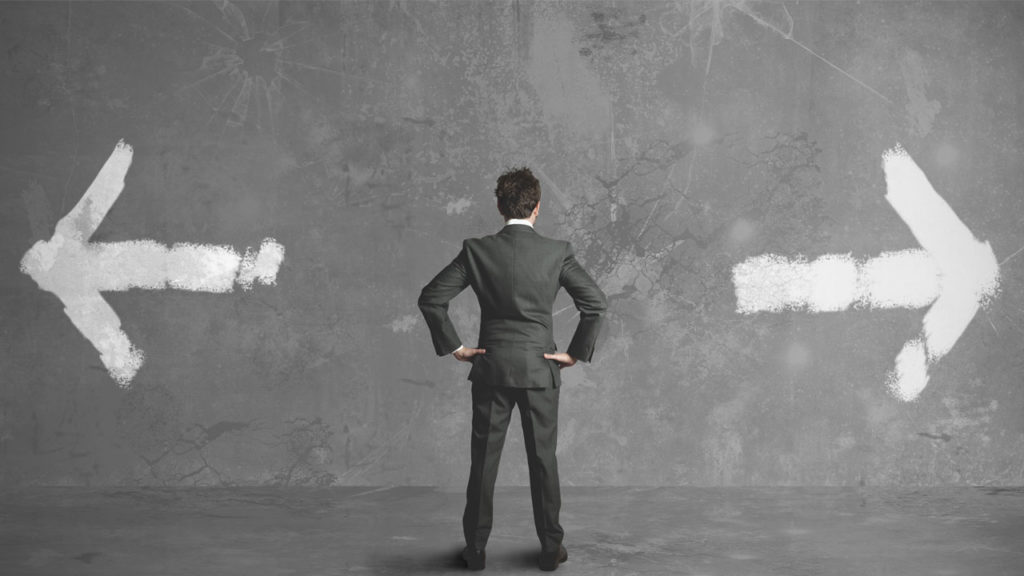We make choices every single day – whether we are aware of it or not. We make the decision to get dressed in the morning (obviously choosing what to wear is a BIG deal) we make the decision to clean our teeth, we make the decision to turn left or right while driving, we make the decision to send a text, we make the decision of what to eat for dinner and so on. We make hundreds of decisions and choices each time we wake up. But how do we make those choices?
Choice Theory
The theory behind choices was explored by the famous psychiatrist, William Glasser in 1996. He spent his whole life developing his Choice Theory, which hypothesized that we as human beings have control over our own behaviors and actions. Because we are in control, we affect our own physiology and feelings. Glasser suggested that making decisions can lead to better physical health, better positive thinking and better mental health and emotional feelings. So, in short, the decisions we make influence our feelings and actions.
Unconscious decisions
As the Choice Theory has taught us, we make decisions to influence our actions and feelings. Many of the decisions we make in our lives are conscious – like when we decide what we wear after looking out of the window to see what the weather is like. However, we also make unconscious decisions that we make without consciously thinking about them. Many of these fulfill our natural instincts. An example of this would be eating. Although we choose what food we want when we make it, or when we choose it off of a menu, we are ultimately making the decision to give in to our natural instinct to feed ourselves. This is ultimately a decision to survive.

Marginal Utility
As research on choices developed, it soon spread into economics, where the idea of Marginal Utility came into force. The idea behind Marginal Utility is that every single choice we make is determined by the benefit we receive. We normally choose the decision that will reap the highest reward – and if you think about it, we make most of our choices based on this premise. For most of us, we will not make a decision or provoke an action if we do not get the best out of it.
Social influences
As much as we like to believe we make our own choices in life, this is not always true. Social influences often affect the decisions we make, sometimes without us realizing it, as we follow a ‘herd mentality.’ Psychologist Solomon Asch found that we are more likely to change our decision to follow the crowd, even if we know our decision is wrong than to stick with our own correct answer because we do not wish to be left out or be the odd one of the group.
Making better choices
Although humans do have free will, it’s inaccurate to say that we all make our own, singular decisions because we are constantly being affected by other people and our environment. However, being aware of these variables is the first step in making better choices. Being strong in your decisions and understanding when we are being coerced or lead astray can allow us to break away from the herd mentality and focus on our own decisions and choices.
Making decisions is something we do every day, but it’s not often you look at the mechanics or the psychology behind the choices we make. So now you know, will you be more aware of the choices you do make?








